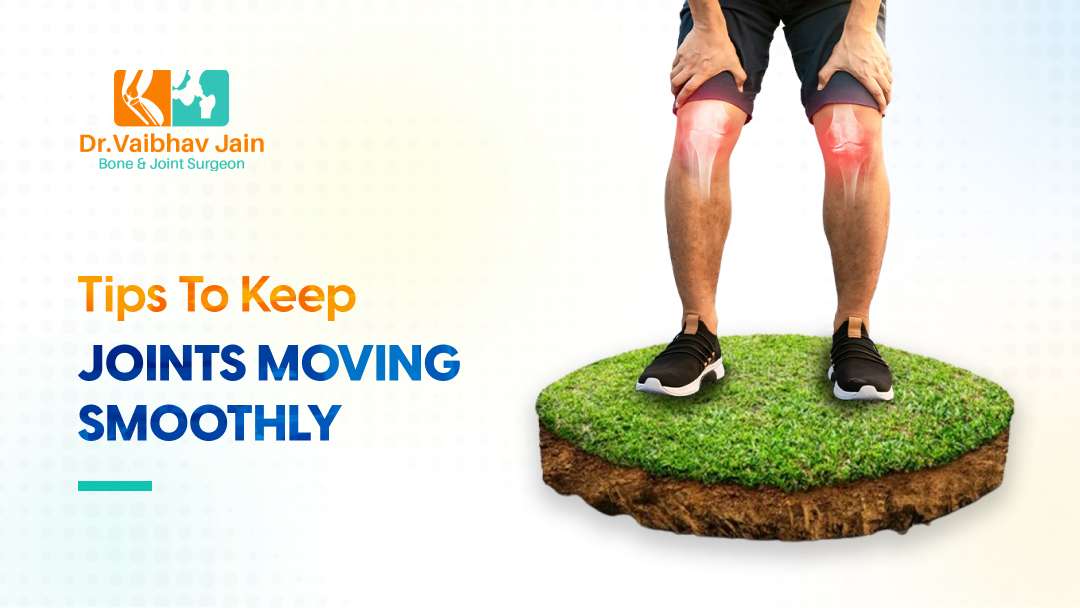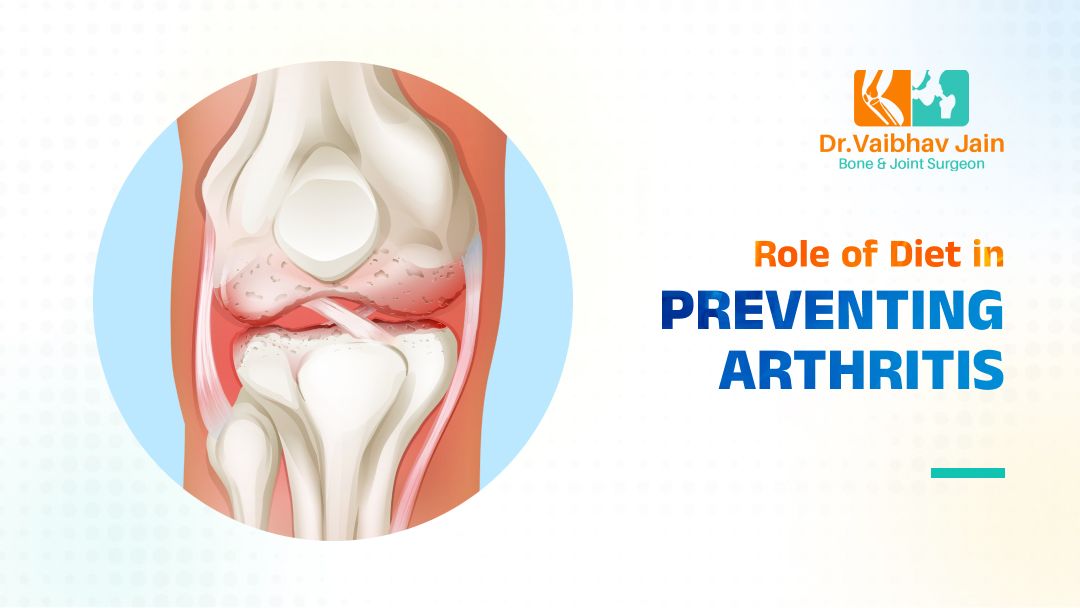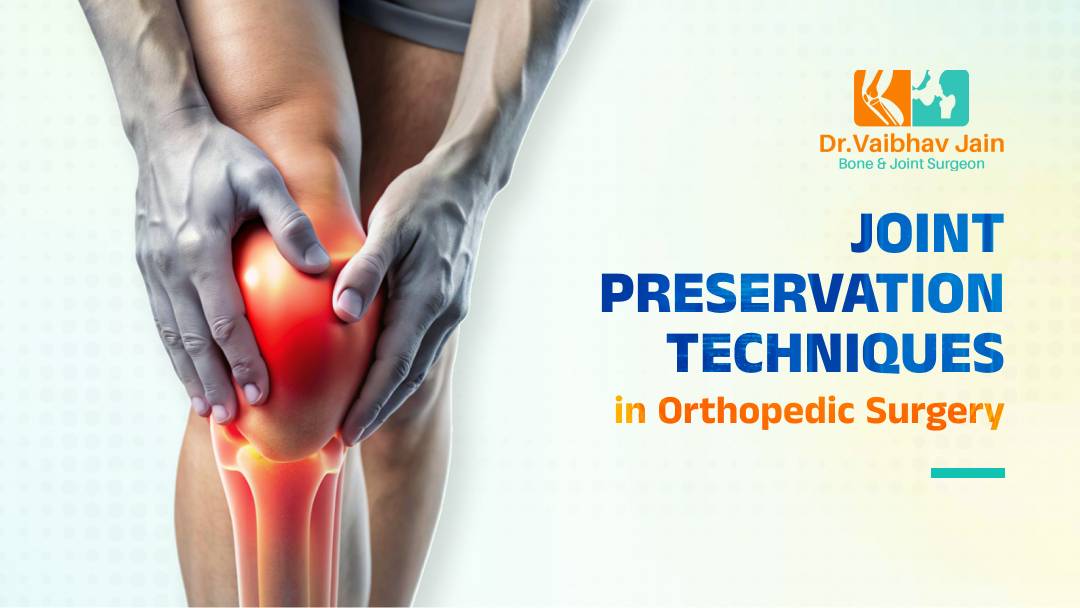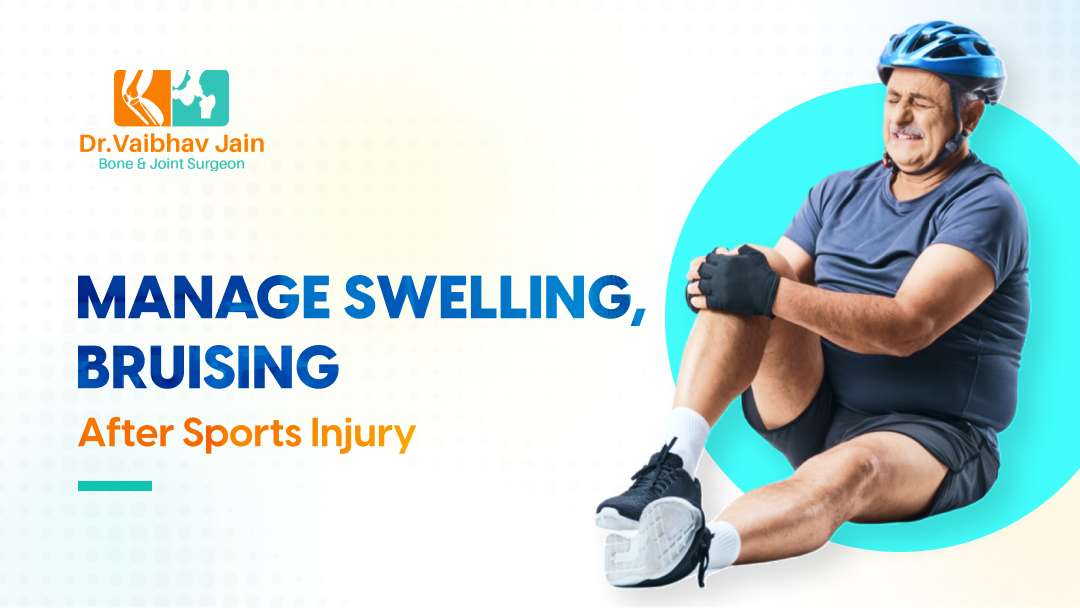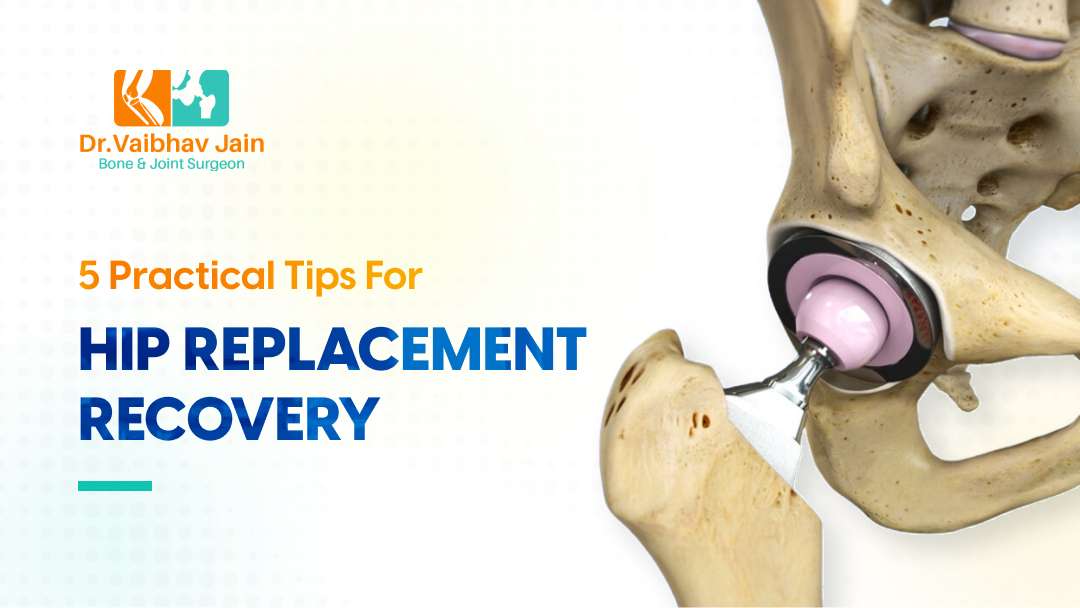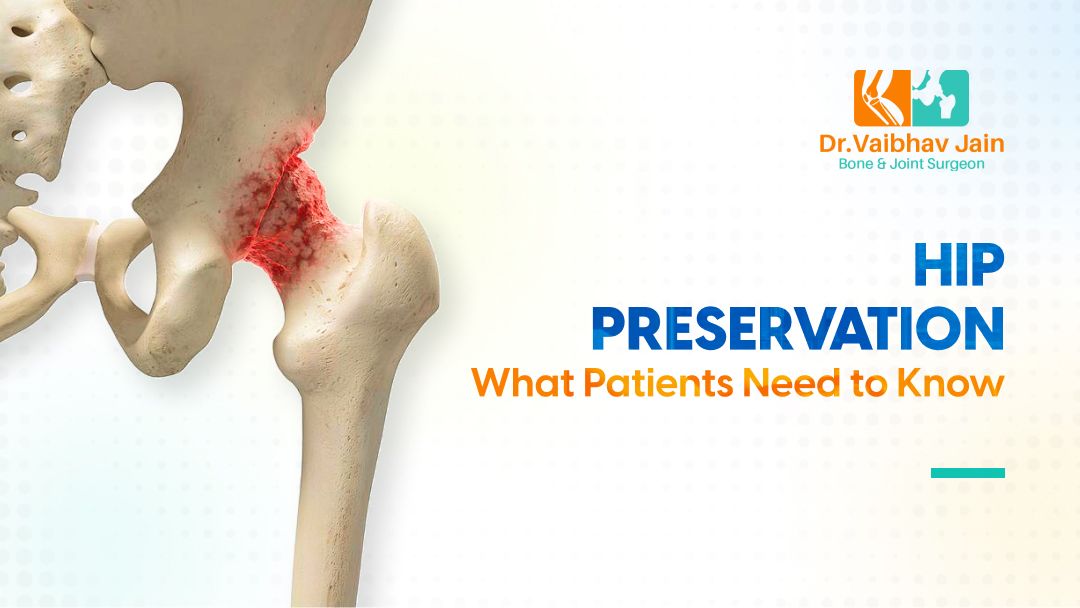The cold weather is likely keeping you indoors. While staying indoors will help you avoid getting hurt, it can also affect the amount of calories you burn each day. Hips and Knees Achy In Colder Weather
Staying inside can also affect gravity’s effect on your joints. While the cold weather can slow you down, gravity can speed up your joints. This may cause your joints and muscles to be pulled apart.
Preventing this does not happen on its own. However, following a few lifestyle steps can help maintain your health and your flexibility. Besides staying active, there are a number of things you can do to help your joints feel warmer.
For many, cold weather means bundling up in extra layers and spending more time indoors. However, cold weather can have an impact on your body, including your joints. In this blog post, we will explore how cold weather can affect your achy hips and knees. We’ll also give you some tips on how to reduce joint stiffness. Let’s get started!
Causes Of Hips And Knees Achy In Colder Weather
When the weather starts to cool down, many people experience achy hips and knees. Here are some of the most common causes.
- Arthritis can cause pain in the joints and can make them more sensitive to cold temperatures.
- When your body is fighting against the cold, it can produce more fluid in the body to help warm up. This fluid can build up in the joints, leading to achy hips and knees.
- When the weather is cold and your muscles are contracting, they can put pressure on your joints. This pressure can cause inflammation and pain in the joints.
- If you’re not wearing enough clothing, your body will rely more on its heat to stay warm. This can cause your body to produce more heat, which can cause pain in the joints.
- If you’re not getting enough exercise, your body will start to store energy in the muscles and joints. This energy can cause pain when the temperature drops, as your body has to release this energy to keep you warm.
- If you’re dehydrated, your body will struggle to regulate its temperature. This can cause your body to produce more fluid, which can lead to achy hips and knees.
If you have low levels of magnesium or calcium in your blood, your body will have to work harder to keep itself warm. This can lead to pain in the joints, including the hips and knees.
What Are The Symptoms Of Arthritis In The Hands & Wrist?
Arthritis is a condition that affects the joints in the body, and it can also affect the hands and wrists. Here are some common symptoms of arthritis in these areas:
- Pain when moving the hand or wrist
- Swelling and stiffness in the fingers, hand, or wrist
- Difficulty in gripping or pinching
- Limited range of motion
- Difficulty using the hand or wrist for tasks that are usual for a person
Be sure to take care of your feet and ankles. If you have weak ankles or feet, they will be more susceptible to pain and inflammation when the weather drops. Make sure to wear sturdy shoes and socks, and be sure to massage them regularly to help reduce inflammation.
7 Tips To Keep Joints Moving Smoothly Colder Weather
When it’s cold outside, your joints may start to feel stiff and sore. Here are a few tips to help keep them moving smoothly:
- Make sure you’re taking regular breaks in the cold weather. When your muscles are fatigued, they can’t work as well and can cause pain in your joints.
- Drink plenty of fluids. When your body is parched, it’s harder for your joints to move as freely as they would if they were well-hydrated.
- Make sure you’re using the right type of joint pain relief. If you’re in pain from arthritis, you’ll want to use a cream or liquid pain relief rather than a pill. Pills are often harder to swallow and can cause more stomach problems down the line.
- Make sure you’re wearing the right type of clothing. Wearing clothes that are tight and restrictive can also cause pain in your joints. Instead, consider clothes that are comfortable but will keep you warm.
- Be sure to take regular breaks when you’re working in cold weather. When your muscles are fatigued, they can’t work as well and can cause pain in your joints.
- Stretch regularly. Keeping our muscles and tendons flexible can help them move more easily and avoid any pain or discomfort.
- Use medications as prescribed. If prescribed by a doctor, medications can help to reduce inflammation and pain in our joints.
When the weather starts to drop below freezing, it can be difficult for our joints to move smoothly. Above tips will be helpful to you.
Hips and knees can be affected differently by the cold and by gravity as they get older. Staying active will help keep your body flexible and healthy.
You don’t have to let cold temperatures cause your hips and knees to ache. There are some simple steps you can take to keep your hips and knees healthy and active. If you’d like more information or have any questions, please leave me a comment or reach out on drvaibhavjain.com Thanks for reading!
